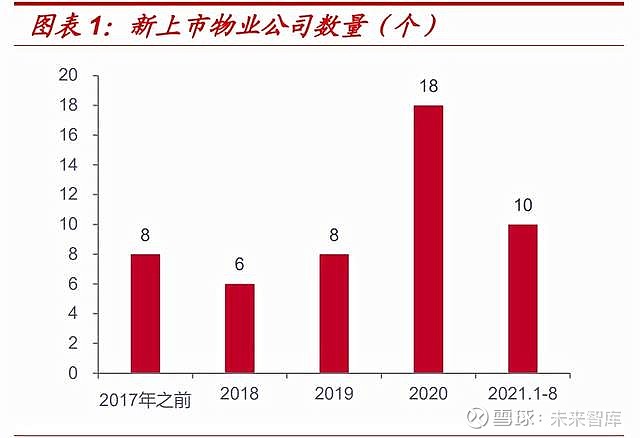摘要:AcompletePhysics-InformedNeuralNetwork-basedframeworkforstructuraltopologyoptimizationPhysics-InformedNeuralNetworks(PINNs)haverecentlygainedincreasingattentioninthefieldoftopologyoptimization.Thef
A complete Physics-Informed Neural Network-based framework for structural topology optimization
Physics-Informed Neural Networks (PINNs) have recently gained increasing attention in the field of topology optimization. The fusion of deep learning and topology optimization has emerged as a prominent area of insightful research, where minimization of the loss function in neural networks can be comparable to minimization of the objective function in topology optimization. Inspired by concepts of PINNs, this paper proposes a novel framework, ‘Complete Physics-Informed Neural Network-based Topology Optimization (CPINNTO)’, to address various challenges in topology optimization, particularly related to structural optimization. The key innovation of the proposed framework lies in introducing the first complete machine-learning-based topology optimization framework through integration of two distinct PINNs. Herein, the Deep Energy Method (DEM) PINN is implemented to determine the deformation state of corresponding structures numerically. In addition, derivation of the objective function with respect to design variables is replaced with automatic differentiation in sensitivity-analysis PINN (S-PINN). The feasibility and potential of the CPINNTO framework have been assessed through several case studies while highlighting strengths and limitations of utilizing PINNs in topology optimization. Subsequent findings indicate that CPINNTO can achieve optimal topologies without labeled data nor FEA. The numerical examples demonstrate that CPINNTO is capable of stably obtaining optimal structures for various topology optimization applications, including compliance minimization problems, multi-constrained problems, and three-dimensional problems. Resulting designs exhibit favorable compliance values comparable to the designs obtained via density-based topology optimization. In summary, the proposed CPINNTO framework opens up novel and interesting possibilities for structural topology optimization.











